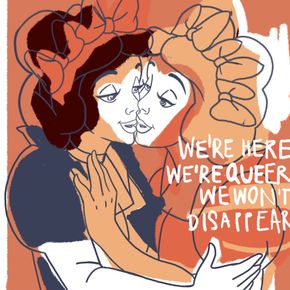Space rice and dental technology compared to coral growth
In the greenhouses of the Arkansas Biosciences Institute, scientists are growing several varieties of rice attempting to cultivate plants that can withstand increasingly warm night-time air temperatures. Warmer nights adversely affect plants that lack defence mechanisms, and this translates into a threat to the global food system. Each 1°C increase in night temperature can result in a 6% drop in wheat yields and a 10% drop in rice yields. Hot nights can also reduce crop quality and the nutrient content of grains.
In an experiment aboard the Wentian space laboratory (this is the second module of the Chinese space station), Chinese astronauts try to grow rice in space for the first time. Scientists are attempting to replicate the full life cycle of rice – from seed to a mature plant capable of producing its own seeds – in a zero-gravity environment. The experiment has major implications for future long-duration space missions, as rice is one of the main ingredients in the diet of astronauts, who so far rely on food produced on Earth.
Australian scientists use technology known from dental surgeries to monitor coral size and growth, reducing examination time by 99%. The method, known as confocal laser scanning microscopy (CLSM), is effective due to similarities in the growth of juvenile corals and human teeth. Learning about the development of corals in their early life stages allows researchers to predict changes in the ecosystem and the effects of disturbances in the life cycle of these cnidarians and their potential for recovery.


























